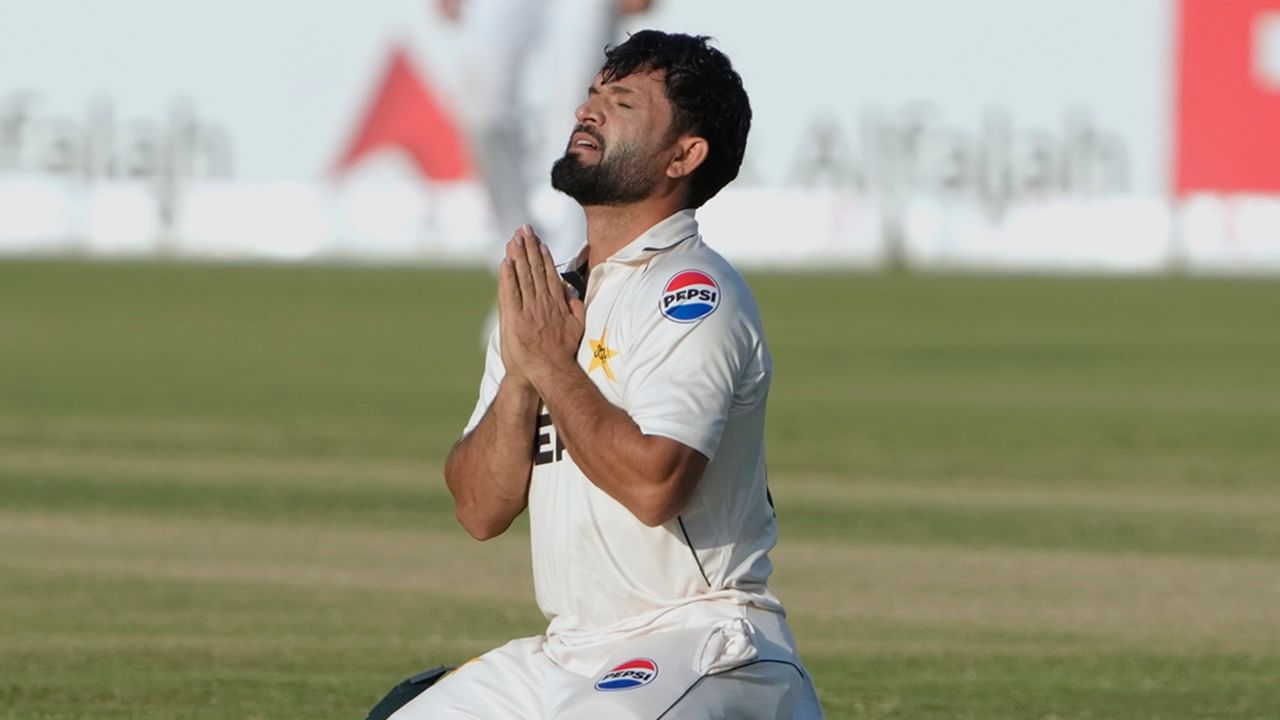The ongoing Test series between India and Bangladesh has rekindled discussions about the infrastructure and organization of Test cricket in India, especially after the second match commenced at the Green Park Stadium in Kanpur. Following the first match held in Chennai, the Kanpur Test has faced challenges, including rain interruptions that limited play to just 35 overs on the opening day. Meanwhile, the spotlight has shifted to the poor conditions of the Kanpur Stadium. These occurrences have brought to mind the insights shared by former Indian captain Virat Kohli five years ago. His remarks, largely overlooked by the Board of Control for Cricket in India (BCCI) at the time, are becoming increasingly relevant. Let’s explore what he said and why it is crucial to take swift action on it.
What Did Virat Kohli Propose Five Years Ago?
In October 2019, after leading India to a comprehensive 3-0 series victory against South Africa, Virat Kohli addressed the press in Ranchi. He made a noteworthy suggestion that called for the establishment of five fixed venues for Test cricket in India, akin to those in countries like Australia, England, and South Africa. Kohli emphasized that having dedicated venues would not only give the Indian team but also visiting teams a clear understanding of the playing conditions and expected audience support. This innovative approach, which diverged from the traditional ad-hoc scheduling of Test matches, sought to enhance the viability and popularity of Test cricket in India.
Why is Kohli’s Vision Crucial Now?
Kohli’s comments came as a poignant reminder when he noted that while Ranchi hosted a match, it lacked the attendance that venues such as Mumbai or Chennai typically enjoy. This highlight underscores a critical issue: to ensure the survival and growth of Test cricket, there must be a strong and engaged spectator base. Unlike other nations where fixed venues draw passionate crowds, India’s vast array of over two dozen venues leads to sporadic attendance, diminishing the excitement surrounding Test matches.
In countries like England and Australia, where specific venues are associated with year-round Test matches, fans plan their visits well in advance, securing high attendance. This consistent engagement fosters a vibrant cricket culture. Contrarily, in India, the unpredictability of venue allocation and scheduling hampers fan interest and complicates preparations for teams and supporters alike. The BCCI often announces venues just months before a series, which makes it difficult for fans to mobilize, as witnessed when the Dharamshala Test was moved to Indore during the previous Australia series.
Understanding Local Conditions
Another advantage of establishing fixed Test venues is familiarity with local conditions. At the Green Park Stadium, known for its spin-friendly pitches, the Indian management faced confusion on the first day of the current Test due to unexpected rain. Indian captain Rohit Sharma opted to bowl first, influenced by the weather, neglecting the historical significance of the pitch’s behavior. Had Kanpur been a regularly fixed venue, the team management would have been more adept in decision-making based on previous encounters and conditions. A consistent approach could help Team India formulate better strategies, ensuring a more competitive edge.
Barriers to Implementation
Despite the merits of Kohli’s proposal, there are entrenched barriers preventing its realization. Chiefly among these is the political landscape of the BCCI, which is composed of over thirty state cricket associations, each vying for influence and match allocations. The board’s governance structure means that officials are often reluctant to prioritize a fixed venue system, as they must cater to regional associations to secure their positions. This political necessity not only influences match scheduling but also hinders the betterment of Test cricket standards.
Furthermore, hosting matches is financially lucrative for state associations, which rely on the BCCI for funds to maintain their facilities. Each Test match brings significant income—previously, hosting rights for a Test match fetched around Rs 25 lakh. Consequently, state associations lobby fiercely for matches to be allocated to their grounds, prioritizing financial gain over the systematic organizational reform that Kohli advocates. With no immediate signs of change in the BCCI’s operational philosophy, the prospects for establishing fixed Test venues remain dim.











